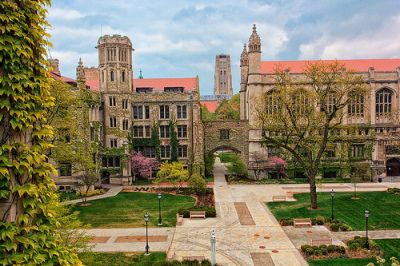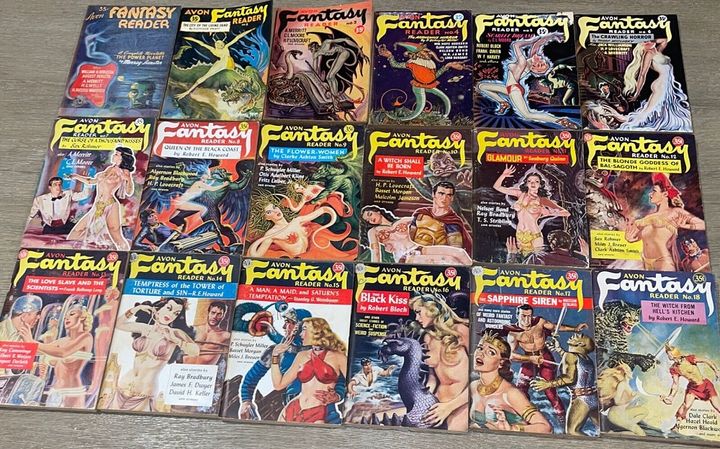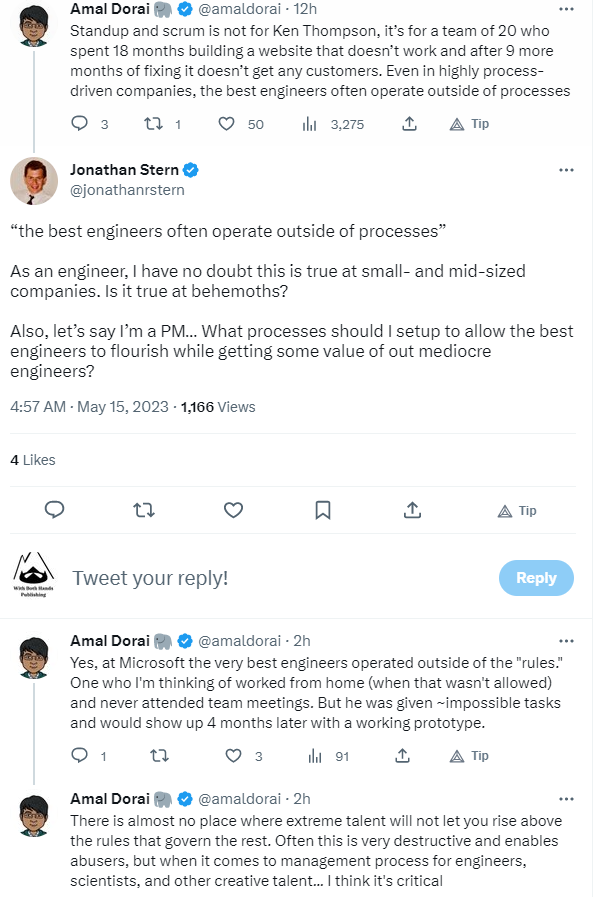The Big U Book Review


NOT American MegaversityI picked up The Big U while I was organizing my library, and I decided to see if I still liked it ten years [at least] since the last time I had read it.
It turns out, I do! For me, this is the perfect college satire, on the same level as Thank You For Smoking or Office Space. I read it when I was an undergraduate, and it was hilarious, and a devastating send up of the bizarre world that is the American university. Ten years later, it is still hilarious and devastating. Then I flip to the flyleaf, and I find Stephenson wrote it in 1984.
Stephenson nailed the essence of university life in a way that is still relevant thirty years later. The LARPers. The Goddess worshippers. The terrible cafeteria food. The out of control parties. This is the American university, in all of its glory. American universities have long been at the center of the culture war, fostering, even encouraging, a hothouse culture in which the strangest things can flourish. Add to that a culture that has been intellectually static for the last hundred years, a guaranteed fresh supply of naive teenagers, and you will get a system that loops through the same obsessions, over and over and over.
In the introductory chapter, Stephenson's narrator says:
What you are about to read here is not an aberration: it can happen in your local university too. The Big U, simply, was a few years ahead of the rest.
This turns out to have been prophetic. In the Big U, we have all of the current obsessions of trendy politics. Rape culture. Identity politics. Minoritarianism. Endless curricular disputes. Weird religions. There are few things in the book so outrageous that they have not managed to happen in the last thirty years. It is all so ridiculous, and all so pertinent. I liked it the first time because it seemed very much like my alma mater. I like it now because it seems like all the universities in America. If anything, my own university has only grown more like American Megaversity with the passage of time.
It is fortunate this is a book and not a movie, because it prevents you from seeing out of date clothes and assuming everything in the book happened in the past. With a few minor changes, The Big U could easily be set today. The Stalinist Underground Battalion would have to be replaced with Occupy Wall Street, smart phones would have to be added in, and the university mainframe would have to be replaced with the web, but everything else could stay the same.
The first time I read this book, I was attracted to the commonalities to my own life. The character who was a budding physicist. The genius programmers. The awkward fit of so many of the viewpoint characters to the dominant party scene. Even the bit with the university locksmith [in college, I worked as a student locksmith for the university]. It just seemed to fit.
Ten years later, there are a few things I appreciate more now than I did the first time. The cynical university president is someone I can now identify with. The Big U administration made poor choices, but now that I have actual responsibility, I appreciate the heroic virtue that would be required to resist those temptations. S. S. Krupp is bright, decisive, and capable. His only flaw is putting the university's reputation [and lots of jobs] ahead of doing the right thing. I am glad I don't face the same choices, because it is hard to see how I could realistically do better in the same circumstances.
The sexual dynamic that drives many of the viewpoint characters is far more obvious in retrospect. Especially if you were a nerd [who I presume is Stephenson's target audience]. Teenagers are driven by their hormones in strange ways, nerdy teenagers even more so, and those of us who have survived that phase can only pity them. This too shall pass.
Of all Stephenson's books, this is the one I like best. The first Neal Stephenson book I ever read was Snow Crash. Snow Crash was recommended to me by my freshman year college roommate, and I liked it enough to try more, although I'm not sure its many fans realize it is a dystopia. The Big U was the second. I really liked The Big U, so I tried a number Stephenson's other books, but I never really enjoyed them. Stephenson wrote Zodiac when it seemed like dioxin was the worst thing ever made by humans. By the time I read it, the evidence was a little more mixed. Thus I had trouble taking the plot seriously. I couldn't get through even the first volume of the Baroque Cycle. Maybe this one was a fluke.
I choose to see it as a stroke of genius. Maybe this book couldn't have been written seriously or intentionally, because we are all too identified with sides in the on-going culture war that rages in the universities. Stephenson has a pretty clear side with the left-Libertarians now, but in this book maybe he hadn't quite found his voice, because even characters on the wrong side seem sympathetic, despite some salvos in favor of his clear favorites. As Lincoln and C. S. Lewis argued in their distinctive ways, the sides we are on, and the sides that are really in the right, may not necessarily turn out to be the same.


Comments ()